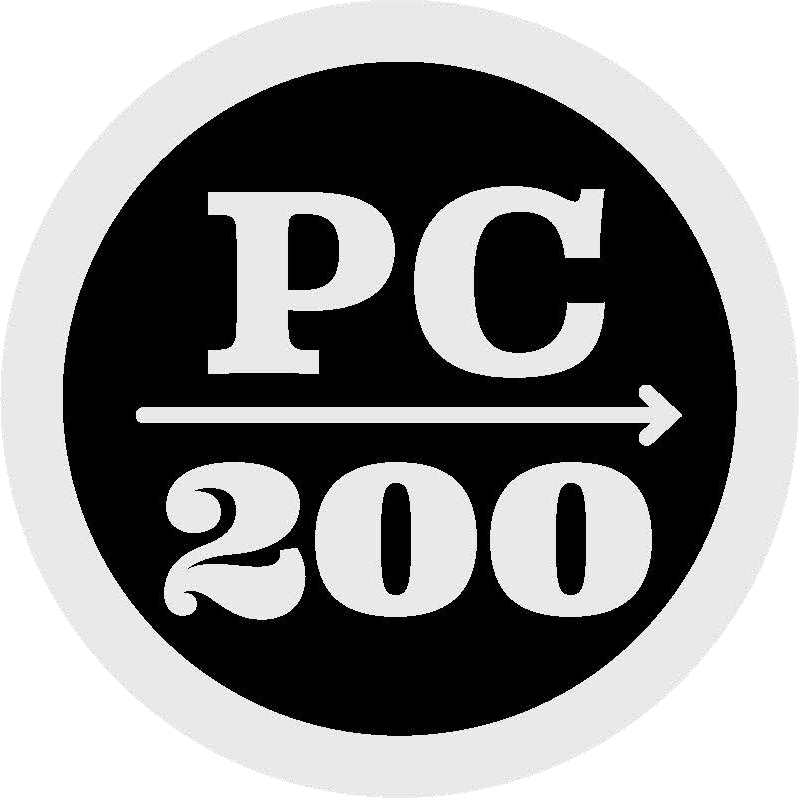This is a three-part blog post; Part I covers the opponents, Part II the proponents, and Part III some examples of programs at peer institutions.
Using a list of peer institutions and searching for other Core Curriculum programs, I discovered that many places have a one year interdisciplinary program that uses a liberal arts/humanitites approach. This format allows for more freedom of choice by the students and flexibility in planning their studies. In some cases, students may even be able to complete their studies in three years if they choose to.
In some cases, the focus was on a central question or theme that was based on real problems that the students would be facing once they entered the workforce. At one institution partnerships with local and broader employers were actively encouraged and developed to allow for internships or independent studies that immediately applied what the students learned. There is a growth in Experiential, Community or Problem Based Learning to inform curriculum design.
Examples of programs that have changed over the years:
Columbia – Contemporary Civilizations
Columbia – History of Contemporary Civilizations
Here is a sampling of programs to explore:
Stonehill College – Community Based Learning
Holy Cross Montserrat Seminar – FY program
Northeastern – NU term for rising sophmores, Co-op learning and Experiential Learning
Fordham – Core Curriculum – by school in cohorts
Trinity College – First Year Seminars and Gateway Programs (Health and Human Rights fellows)
Georgetown – Community Based Learning
Loyola University of Maryland – Messina FYE
